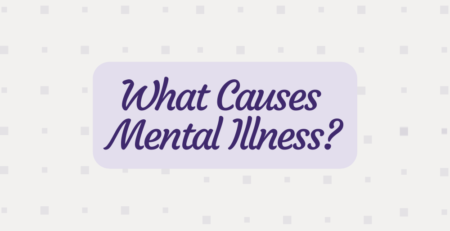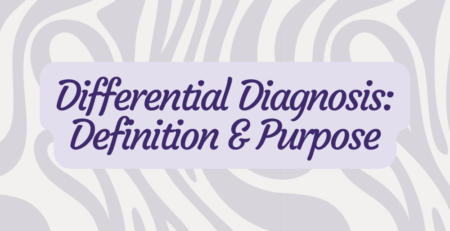Separation Anxiety Disorder Treatment
Separation anxiety, a condition often associated with children, can also significantly impact adults. It’s a form of anxiety that stems from the fear of being away from people, places or pets you have developed a strong emotional attachment to. Understanding this condition and exploring effective treatment options is crucial in helping you lead a healthier, more balanced life.
Recognizing Separation Anxiety Disorder
While it’s common to experience some degree of attachment to loved ones, separation anxiety disorder goes beyond typical bonds. The American Psychiatric Association’s DSM-5-TR outlines several characteristics.
- Excessive distress: Unusually intense distress before or during the time of separation from an attachment figure.
- Persistent worry: Ongoing concerns about losing someone close or fears about events that could lead to separation.
- Fear of being alone: An overwhelming and persistent fear of solitude.
- Sleep-related issues: Reluctance or refusal to sleep away from the attachment figure and experiencing nightmares about separation.
- Physical symptoms: Manifestation of physical discomfort like nausea or headaches during real or anticipated separation periods.
- Social and occupational impact: These symptoms can severely disrupt your daily life, affecting your social, work or academic environments.
For adults, separation anxiety can arise from various life events, including the loss of an attachment figure or even spending a few days apart. It may also relate to other mental health conditions and is notably common in adults on the autism spectrum.
Misunderstandings Surrounding Adult SAD
Separation anxiety in adults may seem like overprotective behavior. However, this disorder is typically an expression of deep-seated fears, not deliberate attempts to control others.
At Serene Behavioral Health, we approach adult separation anxiety with empathy and expertise, tailoring our methods to your unique experience. Your custom treatment plan may include elements like these.
- Therapy: Cognitive behavioral therapy effectively helps people understand and change thought patterns that drive anxiety.
- Medication: In some cases, medication can help you manage anxiety symptoms, usually in conjunction with therapy.
- Education and support: Identifying what causes your anxiety and learning coping strategies can be empowering. Support groups also provide a sense of community and understanding.
- Lifestyle adjustments: Incorporating stress-reduction techniques such as exercise, meditation and mindfulness can complement therapy and improve overall well-being.
- Family therapy: For adults with separation anxiety, family therapy can be a valuable component of treatment, helping build a supportive home environment.
Understanding and Managing Attachment Fears
While separation anxiety disorder is challenging, it is treatable. Recognizing the symptoms and seeking professional help are the first steps toward reclaiming a life not overshadowed by fear of separation. At Serene Behavioral Health, our commitment is to provide compassionate, effective care for anxiety, guiding you toward a more secure, independent and fulfilling life. To learn more about our full continuum of care, call us today. We are always here for you.
















